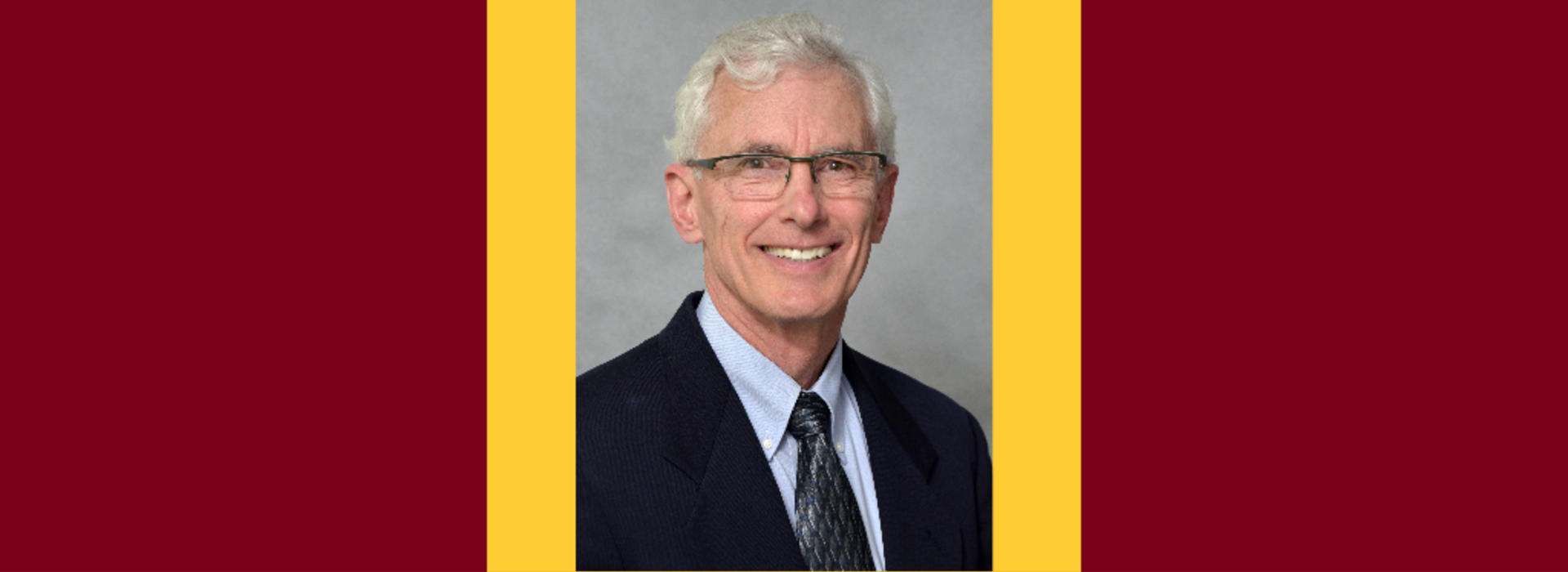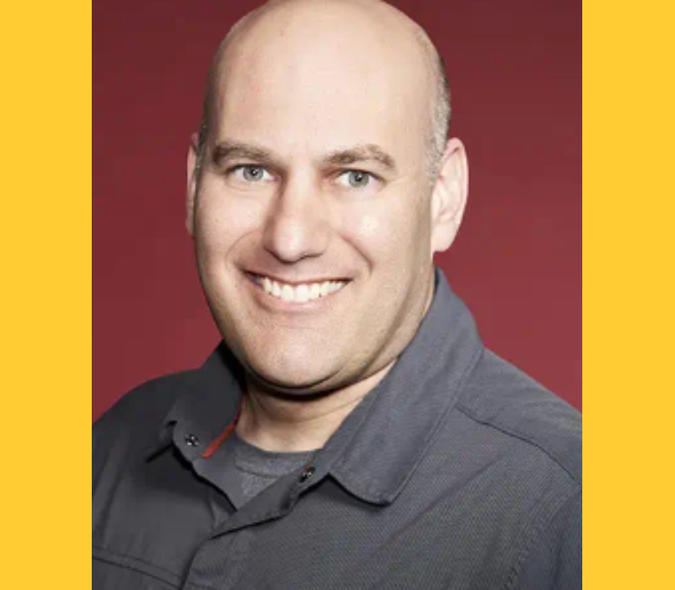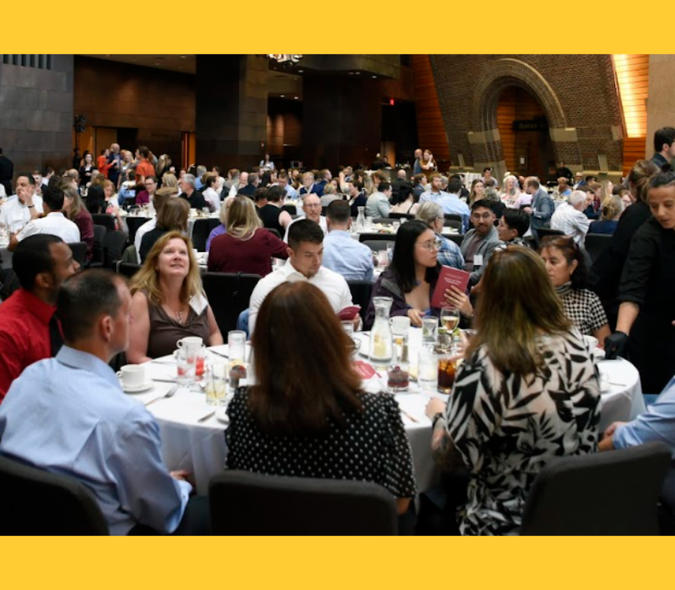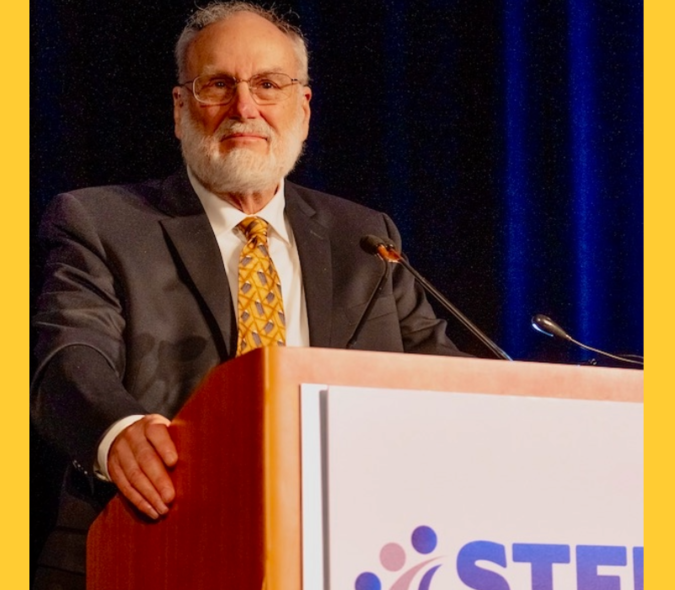
ALUMNI NEWS | Congratulations to Dr. Bill Roberts on His Retirement
On July 6, 2023, Bill Roberts, MD, MS, retired from the Department of Family Medicine and Community Health (DFMCH) and transitioned to the role of professor emeritus. In addition to being faculty at St. John’s Hospital Family Medicine Residency Program since 2003, he served as co-chair of the DFMCH Promotion and Tenure committee, vice chair for faculty affairs, director of the Sports Medicine Program, program director at St. John's (2007-2015), and a valued mentor to many. In this interview, Dr. Roberts shares some of his fondest memories over his career, advice for new doctors, and thoughts on the future of family medicine.
What are some of the most meaningful accolades that you have received over the years?
That's a hard one to answer. I've received some really nice thank-you notes from patients. In terms of public recognition, I think that the Academy for Excellence in Clinical Practice from the University of Minnesota was wonderful, and something I did not anticipate. I’m proud of being inducted into the Hall of Fame for the Minnesota State High School League, which was also unexpected.
I also received both the honor award and the citation award for the American College of Sports Medicine for my work with them. I am the only family physician to receive both awards. It was very meaningful to get these honors from an organization that I've spent a lot of my volunteer time with.
What are your plans for your retirement?
My wife and I are planning to do more traveling to some of the places that we haven't been able to go since in clinical practice you have to schedule things pretty far in advance. Now we will be able to take advantage of last-minute trip deals and see places we haven't visited before.
I’m also looking forward to spending more time with my grandkids, which also requires travel to Seattle and to Phoenix. Over the years I've missed soccer games and other events because of my work schedule. I'm also looking forward to spending more time in and on the lakes.
I'm not a person who can sit around a lot. So I have a part time position lined up as the chief medical officer for the American College of Sports Medicine that I'll be initiating and getting established. I will also be doing some casual precepting at the Phalen Village clinic, which will keep me involved in family medicine.
What have been some of the most rewarding experiences you have had as a physician, teacher, mentor, scholar, and leader in your field of sports medicine?
Narrowing that down to a reasonable list is hard after so many years. I’ve appreciated the chance to be a part of medical care for so many of my patients and to have had a chance to hopefully influence them toward better health. I'm particularly proud of kids that I've met who were in high school, were interested in medicine and spent time with me in the office and on the sidelines of events. Many eventually ended up in family medicine and other specialties or in physical therapy and nursing. I think I had a part in their decision-making to enter the medical field, which is highly rewarding for me.
I didn’t think that I had what it took to be a doctor until a doctor wrote to me and said, “Hey, have you ever thought about becoming a physician? Why don't we go to lunch and talk about it?” I probably wouldn't have made the choice to try to enter medicine without that. It has been important for me to encourage others in the same way, offering advice and encouragement to students who may not think they could do it or may not realize they could.
It's easier when you come from a family that's in medicine to say, I think I want to do that. But when you’re not in a medicine-oriented family, you look at career options and sometimes forget that doctors put their pants on one leg at a time just like the rest of us. I have also appreciated being involved with the training of a number of physicians who are active in Minnesota as sports medicine and family medicine physicians.
How did you end up specializing in sports medicine?
Early in my career, one of the leaders in the organization I was working for said, “You know, the day-to-day practice of family medicine can be a bit mundane and it helps to find something that you really like and pursue it as a hobby within medicine.” Then he mentioned sports medicine, and I thought he was looking right at me. There are triumphs in the day-to-day practice of medicine. But there's a lot of day-to-day stuff that's fairly routine. You have to find something that makes you excited to get up and do the job every day. For me, that hobby was sports medicine.
I was lucky to be at a point in my career during a time when help was needed with the Twin Cities Marathon and the USA Cup. I was able to help those organizations, which led to a lot of things that have made my career really fun. I have brought students and residents with me to those experiences, and that's been enjoyable too.
What else has provided you with a sense of accomplishment throughout your career?
At this point in my career, I am able to look back and see just how many patients I've taken care of over the years. Some of them have passed away recently, and to be remembered by their families as having helped them through those last years has been an honor and something that I reflect on with pride.
Another high point for me was being elected president of the American College of Sports Medicine (ACSM). I was the first family physician to hold that position. Hopefully there will be more in the future. It gave me an opportunity to influence policy on national and international levels. And it opened doors that I wouldn't have been able to access without that honor of being trusted by my fellow members. The ACSM is a unique organization that includes scientists and clinicians from all walks. And the common denominator that we're all interested in is exercise. It is a stepping stone toward better health, but also to improve performance of athletes at all levels.
Can you tell us about your involvement with the Twin Cities Marathon?
I became involved with the Twin Cities Marathon by chance. I was attending a conference for obstetrics and gynecology because I felt that more education at that point in my career would be helpful. And it happened that one of the doctors attending the conference had been one of my instructors in residency. We were chatting and he told me he was the medical director for this new race. I mentioned that I attended a conference last spring about the medical management of road races. I asked if he needed any help, and that got me involved in the Twin Cities Marathon.
I was hooked after the first race when we saw a participant suffering from heatstroke recover and go home the same day. I was sure he was going to die based on my training. But he lived because we recognized the problem and treated him right away. That launched a career-long interest in heatstroke cooling methods.
When I was a resident, we could cover the sidelines for state high school tournaments. The head guy worked across the street from our residency clinic. I said to him, “When can I start doing that?” And he said, “Oh, when you're licensed.” The day that my license arrived in the mail, I had a break in my clinic schedule and ran across to his office and said, “Here's my license; I can do this now.” He said okay. That got me involved in sideline care. It also got me involved the sports medicine committee for the Minnesota State High School League, which formed became a model for the high school federation and other states.
How did you get involved in the USA Cup?
I was in the marathon medical team when I got a call from one of my partners who said he just accepted the medical director spot for the USA Cup. I volunteered to be part of the advisory committee. I was happy to be involved with the evolution of that tournament's medical team, which is the fourth largest medical soccer team in the world. We published some of the things that we were doing and influenced care for soccer, especially in the care and reduction of heat-related problems.
What advice do you have for those just starting out in their careers as family medicine physicians?
One is to learn to say no because it's important to know when you're over committed. You want to stop before you are over-committed.
The second is that when you come to a fork in the road, try to take the less familiar path. Sometimes opportunities come up and the timing is right for you to try and see if you like it. And other times opportunities come up, and you have to reflect on whether you have time to do it. So I have adopted a policy of not saying yes or no for at least 24 hours so I have time to think about what I'm getting into.
It's also important to run things past your family because they will be affected by whatever you decide to do. I was convinced when I was younger that another opportunity would never come along if I didn't say yes to every opportunity. With aging or maybe maturing, I've realized that there are lots of opportunities out there and you should only do them if you really think it's going to be fun for you and your family and you have time. Time is a precious commodity. You learn that more as you get further along in your career.
There's a lot of pressure, especially early in your career, to get involved. For some people, just seeing patients is enough, and that is completely reasonable. Learning to say no and being comfortable saying no is difficult, but critical to having a fulfilling career. When my colleagues and I were early in our sports medicine carees, we came up with the “OC cubed”: overcommitted, obsessive-compulsive, and out-of-control.
What else are you proud of as you look back on your career?
One of the things I'm most proud of is helping people advance their careers. Mentoring can be very formal, which isn't my style, or informal. The avenues for mentoring that I’ve done are simply answering the phone, answering an email, chatting on the sidelines, or catching up in the doctor's lounge.
I'm also happy that I still like seeing patients. Were it not for the challenges with scheduling and administrative work, I would consider staying on for a while longer. But I think of a professor of economics who was asked how he made so much money in the stock market, and his answer was, “I always sell too early.” So in my case it’s probably time to let others take over.
Doing OB was a big part of my career. One of the most fun parts was during my time on the school board. When the school board passed out the diplomas onstage, I realized that there were a bunch of kids coming through that I delivered. I had held them as babies and years later I was on stage giving them a diploma. That is just one example of the rewards in this specialty.
My relationships with staff in all the groups that I've worked with have always been fun. I get just as much kick out of working with the staff as working with my partners.
What does the future of family medicine look like to you?
I still think family medicine was the right decision for me. It's a vibrant and exciting field with a broad scope that allowed me to pursue a lot of things and stay happy. I enjoyed the excitement of going from taking care of a kid with a runny nose to delivering a baby, to performing procedures that were a little bit more than the average family doctor was willing to take on, and caring for the challenging medical patients that we've been charged to care for.
There is a lot to look forward to in the years to come with family medicine. Learning how to take care of patients as a team is exciting to me. Working as part of a healthcare team is very rewarding. I will never perform major surgery, but I always liked that I was trained to do enough surgery to help out surgeons who were in a pinch. There will definitely be more of this healthcare team approach in the future.



